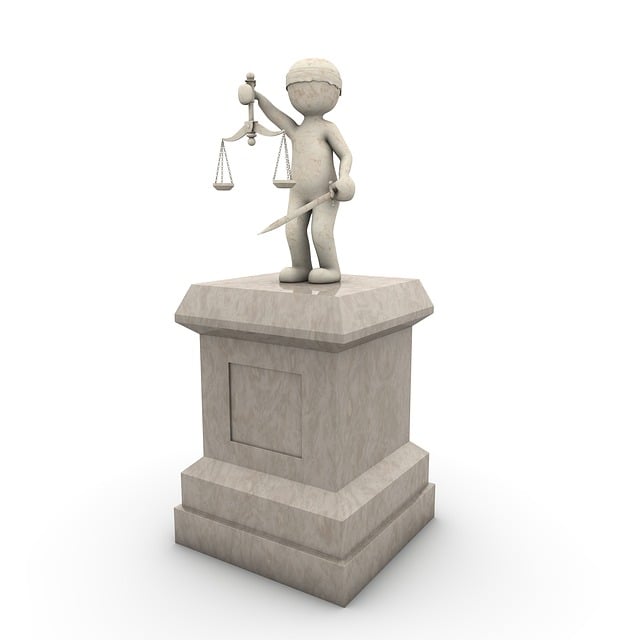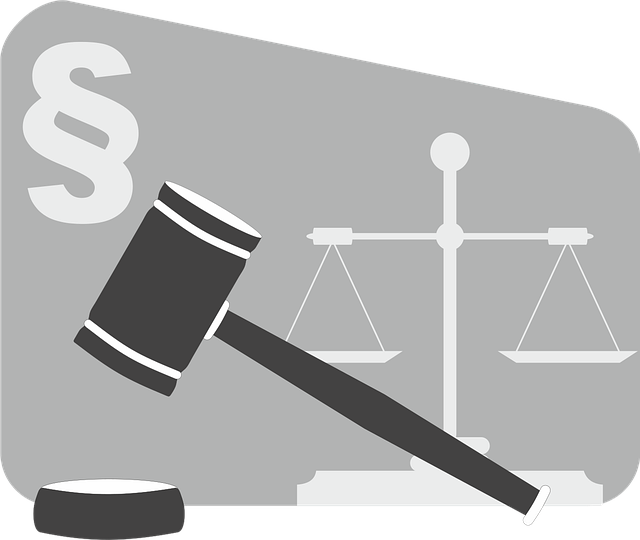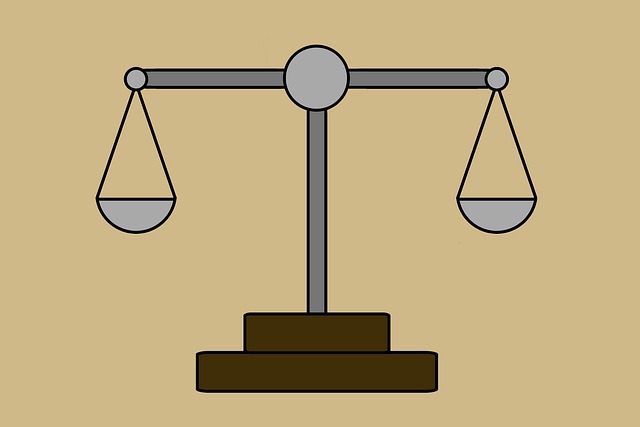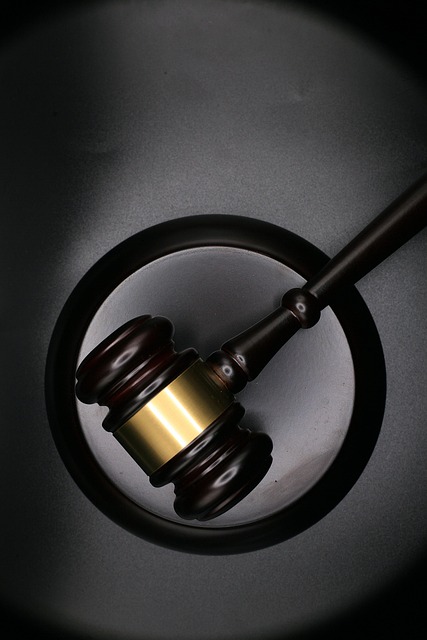Whistleblower Protection Laws are essential for preventing and addressing partnership disagreements stemming from unethical activities like fraud, corruption, and health & safety violations. These laws incentivize employees to report illegal acts without fear of retaliation, fostering transparency. In cases of legal disputes, skilled attorneys specializing in white-collar defense are crucial for navigating complex issues, protecting client rights, and securing favorable outcomes, including claim dismissals or substantial damages against plaintiffs. Robust NDA's and strategic legal moves safeguard whistleblowers' identities and encourage disclosures, while careful case management ensures just outcomes. Effective strategies involve understanding Common Causes of Partnership Disagreements, leveraging case precedents, and demonstrating legitimate business reasons for any actions against whistleblowers to secure favorable verdicts.
Whistleblower protection lawsuits are a crucial aspect of ensuring transparency and accountability within organizations. This article delves into the intricacies of whistleblower laws, shedding light on their importance in safeguarding individuals who expose corporate misconduct. We explore common triggers for employee concern, emphasizing the significance of understanding legal expertise in dispute resolution.
Additionally, we present effective strategies for protecting informants and offer insightful case studies showcasing successful whistleblower claims, all while addressing key elements like Common Causes of Partnership Disagreements.
- Understanding Whistleblower Protection Laws
- Common Triggers for Employee Concern
- The Role of Legal Expertise in Disputes
- Strategies for Protecting Informants
- Case Studies: Successful Whistleblower Claims
Understanding Whistleblower Protection Laws

Whistleblower Protection Laws are designed to safeguard individuals who expose illegal or unethical activities within their organizations from potential retaliation. These laws recognize the critical role whistleblowers play in upholding integrity and accountability in businesses, government agencies, and other entities. By offering legal protections, they encourage employees to come forward with information that may reveal fraud, corruption, health and safety violations, and other serious misconduct.
Understanding these laws is crucial when navigating Common Causes of Partnership Disagreements, especially in the context of white-collar defense. Whistleblowers who face retaliation for their disclosures often seek legal recourse, leading to complex lawsuits. For businesses facing such challenges, securing winning challenging defense verdicts requires a thorough understanding of whistleblower protection regulations and the ability to demonstrate that any actions taken against whistleblowers were not in response to their disclosures but for legitimate business reasons.
Common Triggers for Employee Concern

Many employees, deeply embedded in their organizations, may start to question their moral compass when they witness or experience activities that go against ethical standards and legal obligations. Common triggers for employee concern often include suspected fraud, corruption, environmental violations, health and safety hazards, and unethical business practices. These issues can create a sense of disquiet among employees who feel a duty to uphold integrity within the company.
Partnership disagreements may arise from these concerns as well, especially when employees believe their reports are met with indifference or retaliation. The pressure to achieve extraordinary results coupled with the need to serve corporate and individual clients can lead to conflicts. These disputes highlight the importance of robust whistleblower protection, enabling individuals to come forward without fear of retribution, thereby fostering a culture of transparency and accountability.
The Role of Legal Expertise in Disputes

When navigating whistleblower protection lawsuits, legal expertise plays a pivotal role in disputes arising from partnership disagreements. These cases often center around common causes such as differing interpretations of contractual obligations, disputes over financial distributions, and misalignments in strategic goals. Skilled attorneys with experience in white collar defense are instrumental in unraveling complex legal frameworks, ensuring their clients’ rights are protected. They help identify potential violations, craft robust defenses, and present compelling arguments to win challenging defensive verdicts.
Understanding the nuances of whistleblower laws is crucial for navigating these disputes. Legal experts can guide clients through the intricate process, from pre-suit strategy meetings to trial. Their knowledge of case precedents and regulatory requirements enables them to build strong defenses, especially in cases involving high-profile individuals or organisations within philanthropic and political communities. This specialized expertise significantly increases the likelihood of favorable outcomes, including dismissal of claims or substantial damage awards against plaintiffs.
Strategies for Protecting Informants

Protecting informants, or whistleblowers, is a delicate process that often involves strategic legal maneuvers to safeguard their identities and ensure their cooperation in investigations or trials. Common Causes of Partnership Disagreements can lead to leaks or revelations that necessitate such protection. One primary strategy employed by white-collar defense attorneys for his clients is to establish robust nondisclosure agreements (NDAs). These legal documents create a binding obligation of confidentiality, deterring potential retaliation and ensuring the informant’s privacy.
Additionally, careful case management and communication are vital to maintaining trust. Informants often face intimidating scenarios, so offering ongoing support and ensuring their anonymity can encourage them to come forward without fear of retribution. By combining these tactics, legal teams aim to avoid indictment for their clients while facilitating a transparent and just outcome from the outset.
Case Studies: Successful Whistleblower Claims

Whistleblower protection lawsuits have seen numerous successful claims that highlight the importance of robust protection mechanisms for individuals who expose corporate or governmental wrongdoings. Case studies reveal that a wide array of issues can trigger partnership disagreements, often leading to legal disputes. Common causes include misaligned ethical values, clashes over decision-making authority, and disputes regarding financial interests or company direction. These conflicts can ultimately lead to whistleblowers taking their concerns to court.
Successful whistleblower claims often hinge on evidence that demonstrates the existence of illegal activities, a clear public interest in exposing these actions, and the individual’s role as a legitimate whistle-blower. The journey involves navigating all stages of the investigative and enforcement process, from internal reporting to external disclosures and, if necessary, jury trials. A robust white collar defense strategy is crucial for companies facing such lawsuits, ensuring that rights are protected throughout this delicate and complex landscape.
Whistleblower protection lawsuits play a vital role in ensuring accountability and promoting ethical conduct within organizations. By understanding the legal framework, recognizing common triggers for employee concern, and employing strategic protections, companies can foster an environment that encourages responsible reporting without fear of retaliation. Legal expertise is key in navigating these disputes, and successful case studies demonstrate the positive impact of robust whistleblower protection policies, ultimately serving as a testament to the power of transparency and integrity in the corporate landscape. Additionally, addressing Common Causes of Partnership Disagreements through effective communication and clear guidelines can further strengthen the whistleblower process.






